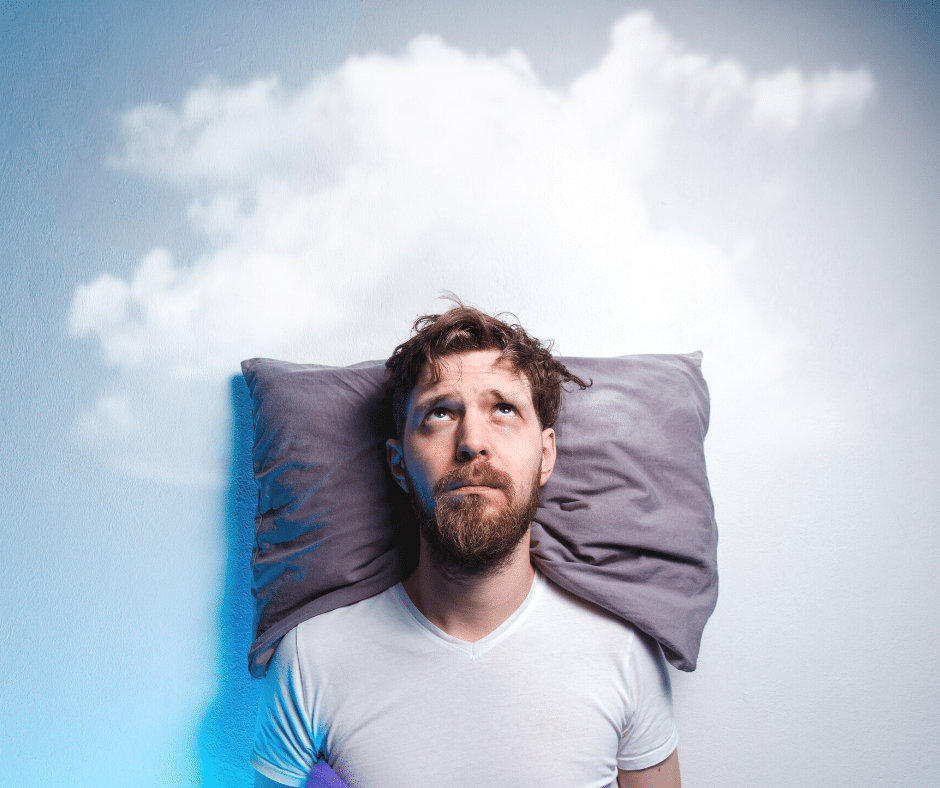Who doesn’t enjoy seeing springtime come bouncing around the corner. The snow is melting, the temperatures are getting warmer and the thoughts of winter are almost forgotten. The best part yet is that magical night when we all get to set our clocks ahead. Ah, daylight savings time is finally here. The benefit of having that extra hour of daylight every day is so nice. Unfortunately, a valuable hour of sleep has been lost to gain that ever treasured extra hour of daylight.

Most of the time an hour here or there isn’t enough to cause too many problems. Just take a nap, get caught back up. Easier said than done in some cases. An interruption to a sleep routine can result in sleep deprivation, daytime drowsiness or insomnia.
Insomnia is defined as a sleep disorder in which you have trouble falling asleep, staying asleep, or both. As a result, you may get too little sleep or have poor-quality sleep. You may not feel refreshed when you wake up. This condition can be short-term (acute) and occur anywhere from one night up to a few weeks or be ongoing, or long-term (chronic), and occur 3 or more nights a week for months. Some of the symptoms associated with insomnia are:
- Waking up too early and finding yourself unable to fall back asleep
- Spending a lot of the night lying awake, worrying you won’t fall asleep
- A consistent pattern of interrupted or broken sleep that doesn’t refresh you
- Trouble falling asleep after going to bed
Insomnia, along with excessive daytime sleepiness, a change in sleep patterns or sleep quality and even possibly restless leg syndrome are all types of sleep dysfunction. Some of the common causes associated with sleep dysfunction are stress, anxiety and/or depression.
Living with the pandemic of COVID-19 for the last couple of years has brought about fear and anxiety with all of the lockdowns, quarantines and unsure nature of the virus. It has certainly had an impact on the health and well-being of a lot of people. Most of the people unfortunate enough to have been plagued with the virus experienced a variety of symptoms but were able to overcome their illness. For others, the symptoms and illness have continued to linger, causing additional health related issues.
Individuals experiencing lingering symptoms of COVID-19 could possibly be suffering from Post-Acute COVID-19 syndrome, which is characterized by the persistence of clinical symptoms or health issues beyond four weeks from the onset of acute symptoms.
The most common symptoms of Post-Acute COVID-19 syndrome are fatigue or sleep disorders, headache, attention disorder or difficulty concentrating, dyspnea or shortness of breath, and feelings of anxiety, depression or fear.
So with all of these symptoms, situations and possible causes for sleep disturbance, how do we simply get more sleep? There are some treatments for insomnia such as:
- Lifestyle changes, including good sleep habits
- Specific medications can help relieve your insomnia and allow you to re-establish a regular sleep schedule
- Cognitive-behavioral therapy, a type of counseling that can help relieve the anxiety linked to chronic, ongoing insomnia
If you feel as if your lack of sleep, or sleep disturbances, are affecting your daily living then please reach out to your healthcare provider and discuss your options. Sleep is certainly one thing a person cannot live without. Learn more about our Respiratory Care and Sleep Study services at Windom Area Health by visiting their pages or call 507-831-6947.
By Rhonda Wahl, Respiratory Therapy Coordinator
